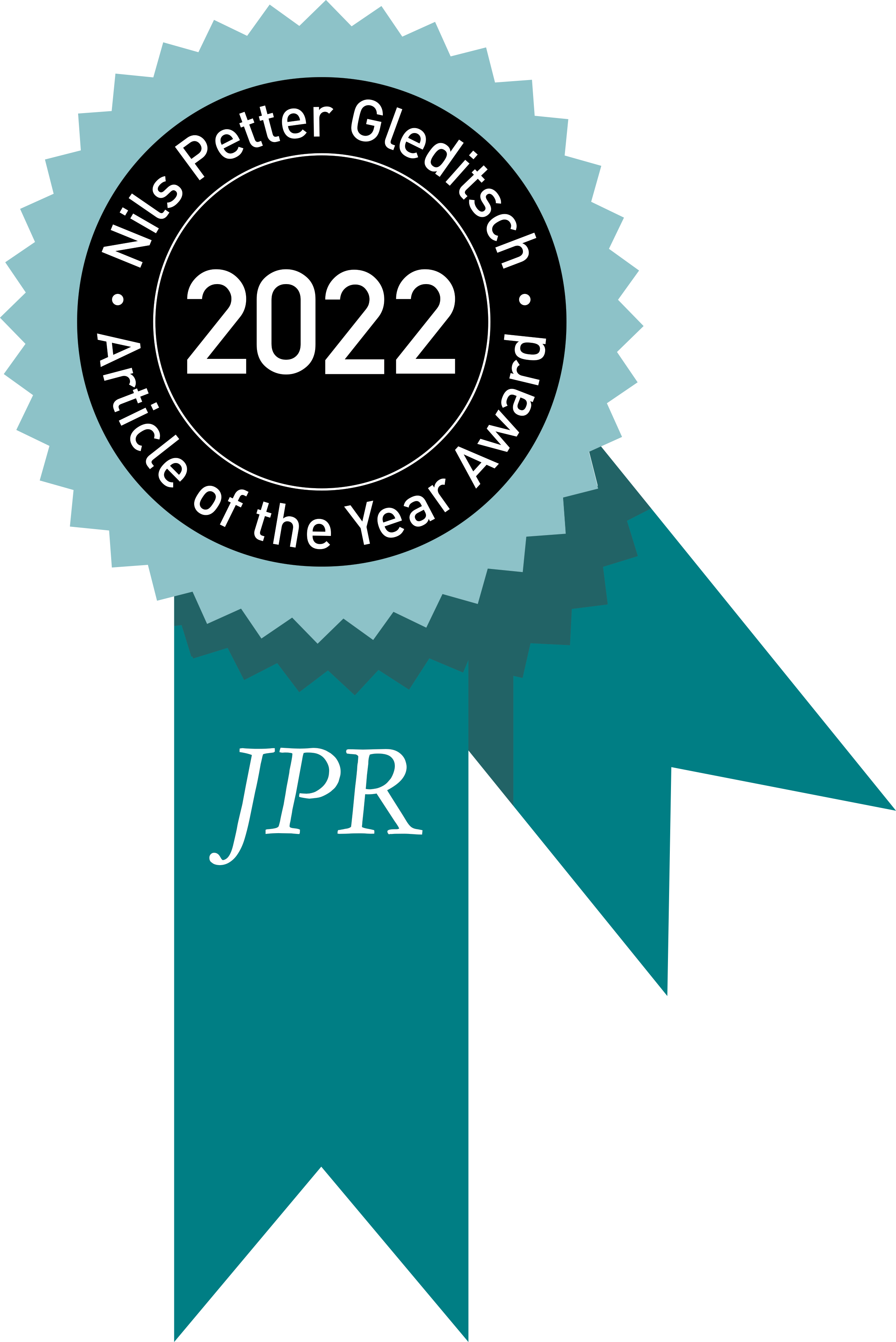
A jury consisting of Aysegul Aydin (University of Colorado - Boulder), Karin Dyrstad (Norwegian University of Science and Technology), and Brian J Phillips (University of Essex) has awarded this year’s Nils Petter Gleditsch Article of the Year to Sandra Ley (Centro de Investigación y Docencia Económicas - CIDE) for her article entitled 'High-risk participation: Demanding peace and justice amid criminal violence' (JPR 59: 6). All articles published in Volume 59 of the JPR were eligible for the award. Articles were judged based on their theoretical contribution, methodological sophistication and substantive relevance.
The jury found the award-winning article to be theoretically very well-developed and brilliantly adopting a mixed methods design to answer critical questions about collective action and protest behavior. Ley’s work seeks to understand when citizens mobilize in the face of serious violence. The article offers important insights into the mechanisms through which victimization leads to collective action. With a carefully crafted research design that includes descriptive data, statistical analysis using original survey data, and qualitative evidence including both participatory observation and interviews, Ley shows that social networks have largely been the workhorse of protest activity. The article draws conclusions that have implications for peace and conflict studies as well as broader issues like democracy and social movements.
In addition to the winning article, the jury has identified three runners-up. First, in her article 'How war-related deprivation affects political participation: Evidence from education loss in Liberia' (JPR 59: 3), Shelley X Liu combines theoretical sophistication with a strong causal design and qualitative evidence to show that war-related loss of education leads to reduced political participation in the postwar democracy. Second, in his article 'Diverse neighbors and post-conflict recovery at the village level: Evidence from Iraq after ISIL' (JPR 59: 4), Lloyd Lyall provides novel empirical evidence to show proximity to outgroup neighbors is associated with slower post-war settlement recovery. Finally, in his article 'Local ethno-political polarization and election violence in majoritarian vs. proportional systems' (JPR 59: 2), Carl Müller-Crepon combines a variety of data sources in a sophisticated empirical design to show that local competition between politically mobilized ethnic groups increases the risk of violence before majoritarian but not proportional legislative elections. All these articles combine careful theorizing on a policy-relevant topic with impressive empirical designs that push the research frontier significantly forward.
The award is USD 1,000.
Honourable mention goes to the runners-up:
- Shelley X Liu (2022) How war-related deprivation affects political participation: Evidence from education loss in Liberia. JPR 59(3): 353-366.
- Lloyd Lyall (2022) Diverse neighbors and post-conflict recovery at the village level: Evidence from Iraq after ISIL. JPR 59(4): 543-561.
- Carl Müller-Crepon (2022) Local ethno-political polarization and election violence in majoritarian vs. proportional systems. JPR 59(2): 242-258.






